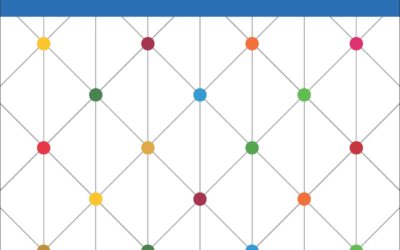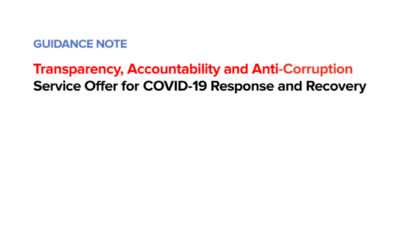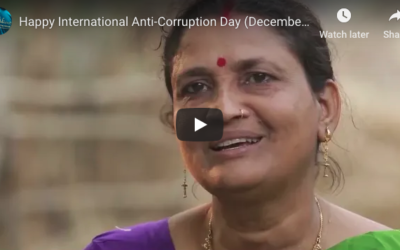09 Dec 2014
Corruption remains a major hurdle to human development in Asia and the Pacific, where strong national policies to tackle corruption are often faltering due to a lack of political will and poor coordination, says a new report published by the United Nations Development Programme today.
The report, released to coincide with the International Anti-Corruption Day, is titled Anti-Corruption Strategies: Understanding What Works, What Doesn’t, and Why?
Anti-corruption strategies “often lack teeth when they are not fully integrated into national development plans,”the report notes as one of its critical findings.
Anchoring anti-corruption with national development plans is a pre-condition to encourage a whole-of-government approach for human development, it says.
Evidence shows that progress is slow in the region, with corruption remaining a major hurdle to development. Public sector corruption is perceived as significant in 64 percent of the countries in the region (Transparency International). And it is estimated that about 40 percent of investment in electricity, water and sanitation is lost to corruption.
According to the report, anti-corruption strategies have sometimes been mistaken as a generic roadmap that can be developed by a few bright minds in government to set overly ambitious goals.
The UNDP experience shows that it is essential to involve a wide range of actors to build ownership and ensure the effectiveness of strategies adopted. This can reduce the vulnerability of reform efforts to changes in political leadership by empowering the public to monitor these commitments, the report observes.
This echoes the global call for “Breaking the corruption chain”, which is the main message of the International Anti-Corruption Day, globally observed every year on 9 December.
“On this year’s observance of the International Anti-Corruption Day, we call again on people everywhere to get involved in ‘Breaking the Corruption Chain’. Next year the world will agree a new post-2015 sustainable development agenda. Our aim is to empower individuals and catalyse governments, the private sector and civil society to help lift millions out of poverty, protect the planet and achieve shared prosperity and dignity for all. Eliminating corruption and its harmful impacts will be crucial to our future well-being,” says UN Secretary-General Ban Ki-Moon on 9 December 2014.
Another common pitfall of anti-corruption strategies is the lack of attention to implementation, monitoring and evaluation, says the report.
Government and development partners can be occasionally more concerned with drafting an anti-corruption strategy to fulfill international obligations under the UN Convention against corruption than with ensuring its implementation.
The report documents lessons learned from 14 countries, featuring Afghanistan, Australia, Bhutan, India, Indonesia, Malaysia, Maldives, Mongolia, Nepal, Pakistan, Philippines, Papua New Guinea, Thailand and Viet Nam. It is a joint initiative of the UNDP Bangkok Regional Hub and the Global Anti-Corruption Initiative.
The report draws out five valuable lessons that can guide a country’s anti-corruption efforts:
- Political changes are an opportunity and a challenge for the sustainability of anti-corruption strategies.
- Measuring corruption is important, but only if governments make effective use of the results.
- Regular data collection is an integral component of an anti-corruption strategy.
- An anti-corruption agency is only as effective as the level of political support it enjoys from different branches of government.
- Anti-corruption agencies in the region remain weak in monitoring and evaluating their strategies.
The report is available for download on UNDP Asia-Pacific website at http://on.undp.org/FvYyl.
For more information on the International Anti-Corruption Day, please visit www.anticorruptionday.org.




